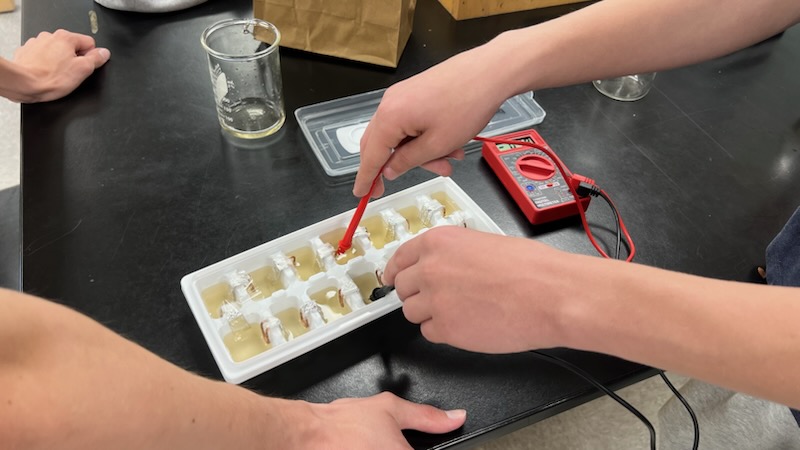Depression is a condition that affects people worldwide of all ages, races, and social statuses. However, it is more than just feeling sad. Certain behaviors and feelings would not be singularly categorized as depression; they must be combined.
A chemical imbalance in the brain affects cells so they do not use seratonin appropriately, causing depression. It can be genetic and run in the family or be caused by physical illness. A long period of stress in which a person has no time for sleep, correct eating or play precedes depression.
A person suffering from major loss, such as a job, a relationship, or a move, may experience depression because of a chemical response to the loss. Some drugs cause considerable decreases in seratonin.
The signs of a true depression diagnosis, according to the Scientific American, are alternations in sleep patterns, change in eating habits, a weight loss or gain, and a loss of interest in usual activities; some people become very irritable.
“Depression is not a respecter of persons, so to say,” Principal Gary Schultz said. “It affects all students on all ends of the spectrum, not just students who struggle in school or in relating to their peers. It also affects the students who have good grades and are more popular.”
Although adolescents go through times when they feel upset or unhappy with themselves, when the feelings are long lasting, and cause other problems, a depression diagnosis may be considered. (The Child Clinician’s Handbook, William G. Kronenberger)
“It is interesting that our response to depression seems to be directed towards age,” Dr. Margaret House, PhD, LCSW, of a private practice in Fresno, said. “Depressed children respond not with tears, but with behavior problems. They will be the students fighting on the playground. Think about being six, seven, or eight; you know how you feel but don’t have the vocabulary to express it, so you act it- one becomes a behavior problem.”
Five percent of all children or teenagers suffer from depression at any given time, according to the American Academy of Child and Adolescent Psychiatry.
“Someone may say, ‘you shouldn’t have this; you should let the Lord take it away,'” Schultz said, “but it doesn’t work like that. I know the Lord can take depression away, but I also know that God uses doctors, therapy and medications. I have seen these things help with severe depression and know they cause a significant difference.”
There are several kinds of depression, including one low form called Dysthymia. This form persists throughout all of one’s life. It is genetic, and although the patient may need medication throughout their lifetime, therapy may not be necessary, or even helpful.
One theory states that although anti-depressants increase seratonin levels, they decrease creativity. Artists like Mozart, Picasso and Poe are known to have been depressed for much of their lives. Additionally some artists, like Pollack, were also alchoholics. What comes into question then is whether it is better to destroy the possible creativity, or let them suffer with their condition.
“My only comment on this theory is that if you have ever lived with depression, in particular dysthemia, it is horrible,” Dr. House said. “It takes out all the joy of living. Because they are creative people, they will continue to be creative; maybe the music or the painting will be different. I was once told depression is like a black hole in which there is no ladder to climb out on, no footholds to climb with. You don’t see any light and feel very alone. Frankly, that sounds like hell to me. The good news is you don’t have to stay there.”
Depressed teens are medicated by a series of experimental medication until a suitable dose and form are found. A primary physician or psychiatrist starts with the lowest possible dose of an anti-depressant, but not all medications work with all people. Some are targeted with seratonin, others with a medication more suitable for their case.
“I’ve worked with many people with severe depression, and there is no set of treatment guidelines that are perfect for everyone,” Schultz said. “It is never the same, often it requires a series of trial and error.”
A physician might start out with one medication, but change if the chosen dose isn’t potent enough or has negative side effects. A “treatment-resistant depression,” or a depression that does not respond to medical or therapeutic treatment is believed non-existent.
For more information on depression, go online at www.sciam.com and www.aacap.org.






